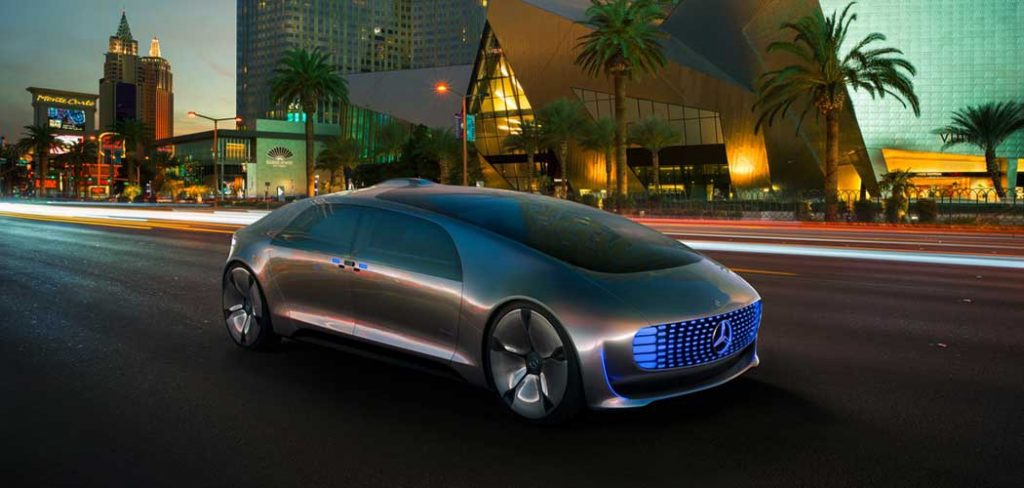Building the Car of the Future
The invention of automobiles has not only radicalized the architecture of cities all around the world but is also proof that human civilization has evolved tremendously in the last century. Automobiles have infiltrated every industry in the world and are one of the most important and depended upon machines of today. With all the strides made it is therefore surprising to find out that the car as we know it might become extinct. Aside from all the benefits it is not void of major challenges, some of which have a global effect such as global warming as a result of air pollution, congestion and problems of sustainability (Films Media Group,2009). The focus in the 21st century has shifted from speed, luxury and power to energy efficiency and environmental safety. There’s a need to build the car of the future as the fate of the planet depends on it. This car epitomizes the fact that performance and environmental safety should not be mutually exclusive. The car of the future is more of a concept than it is a singular vehicle model. It is a concept that will revolutionize the automobile industry and solve more problems than it creates; a fact that is discussed more in depth in this thesis.
Firstly, the car of the future will reduce dependency on gasoline as the sole source of fuel. Take the new series Hybrid for example; in the previous model both electricity and gasoline were used to drive the engine. In the new model, the electric motor drives the wheels, and the gasoline engine is simply used to charge the batteries while running the electric motor. The Tesla is also a leading example in that it thrives purely on electricity. These new models will diversify the fuel market and get rid of the monopolies created by large oil producing companies such as Shell. The same result can be achieved by the use of ethanol to power engines. This reduces both oil imports and greenhouse emissions.
The car of the future will ensure that the safety of its users does not compromise mechanical efficiency. Especially for those who race cars for a living; there is an overwhelming need to make cars lighter for speed purposes but to also increase the odds of survival after car crashes. This has been achieved by the use of composite materials such as carbon fibers that weigh only one fifth of the weight of pure steel. The cars not only need to be safe but they need brains too. Intelligent cars are at the cutting edge of artificial intelligence technology and once thoroughly tested and proven safe, they will reduce mortality rates across the globe while also reducing congestion and traffic.
Technology is constantly evolving and for those industry leaders looking to remain relevant even with changing tides; environmental sustainability is a concern that must always be addressed. Perks such as speed, comfort and luxury will soon be irrelevant if they are not paired with clean emissions, less congestion on the road and less car crash incidents. Industry leaders should focus on building whole transportation systems instead of individual automobiles.
In conclusion, a much needed paradigm shift has occurred within the automobile industry that is geared to solving the global environmental challenges created within this last century. The future is not fast neither is it expensive but rather it is safe and efficient.







